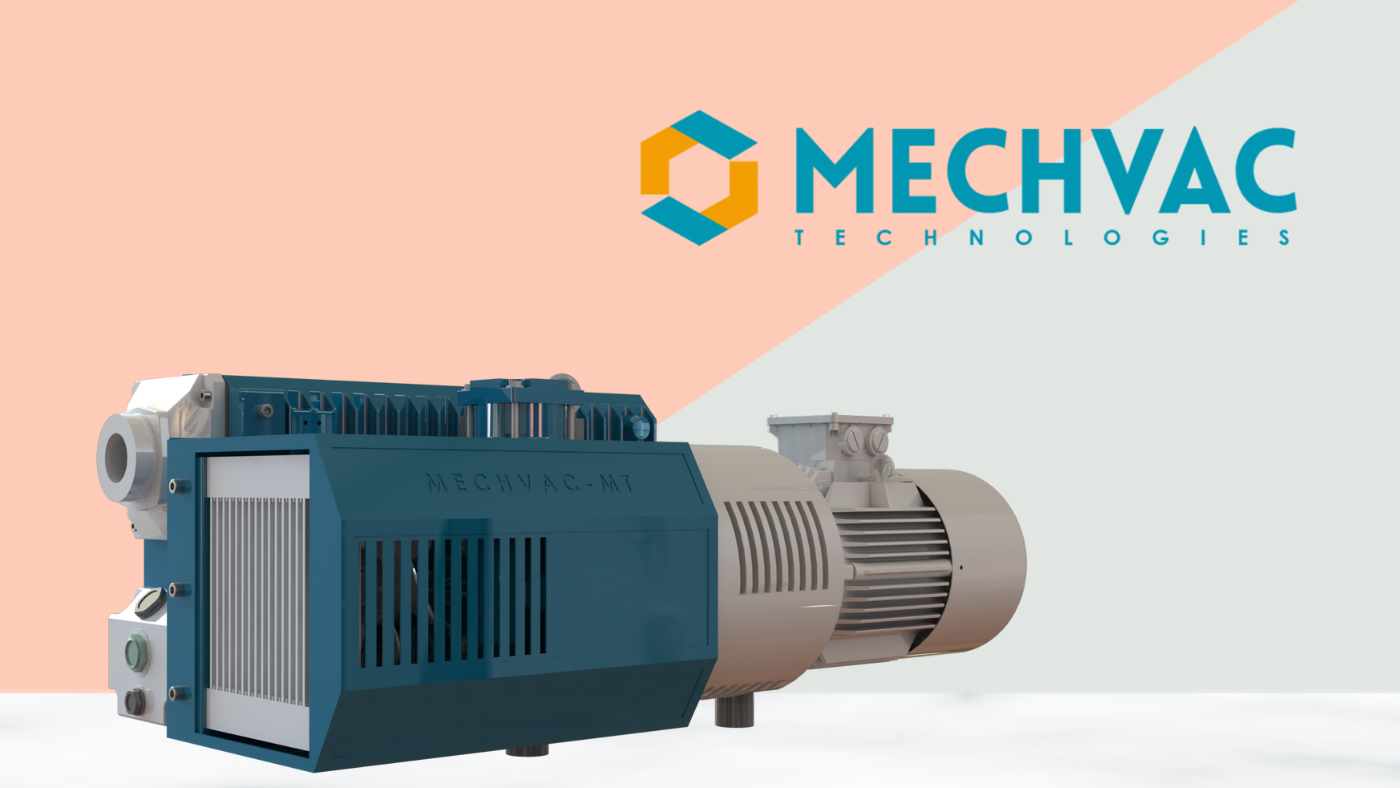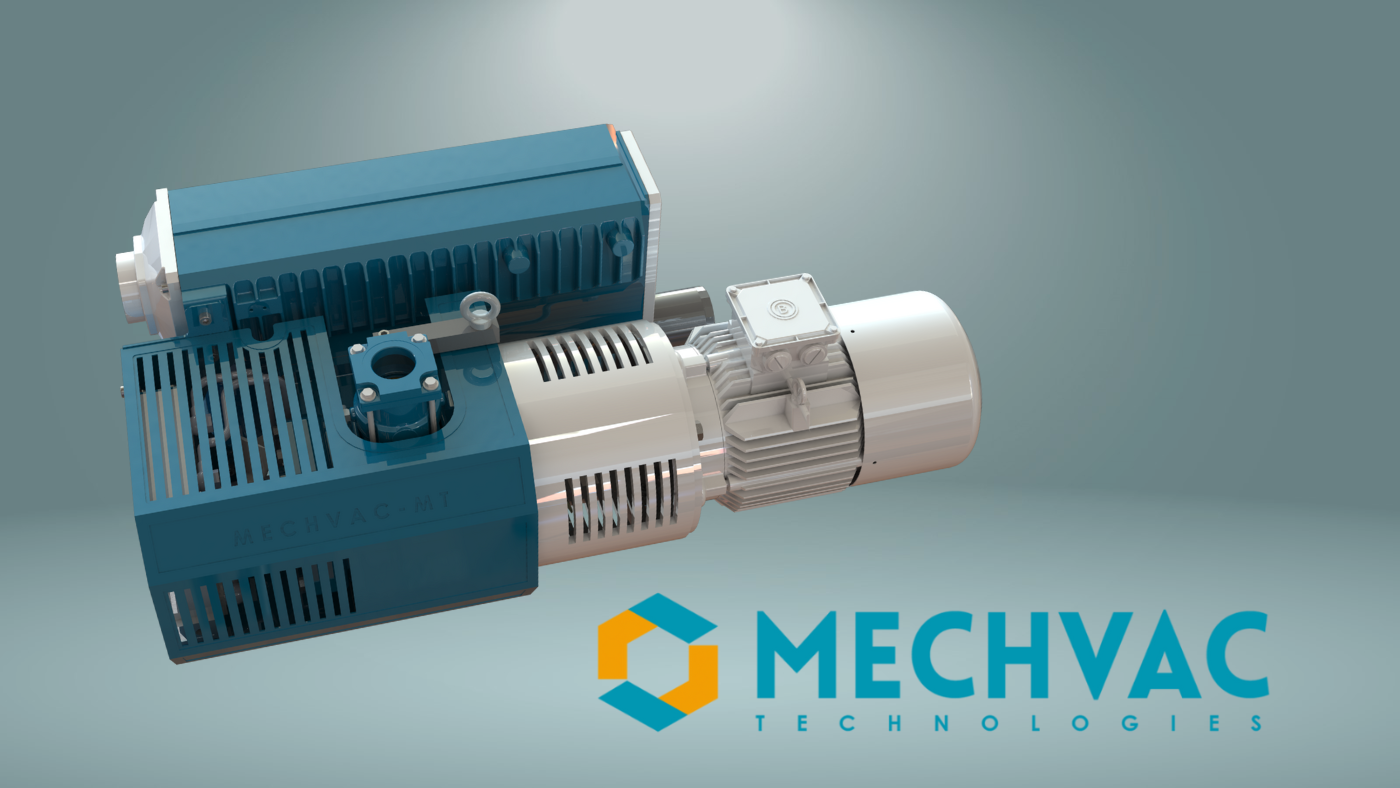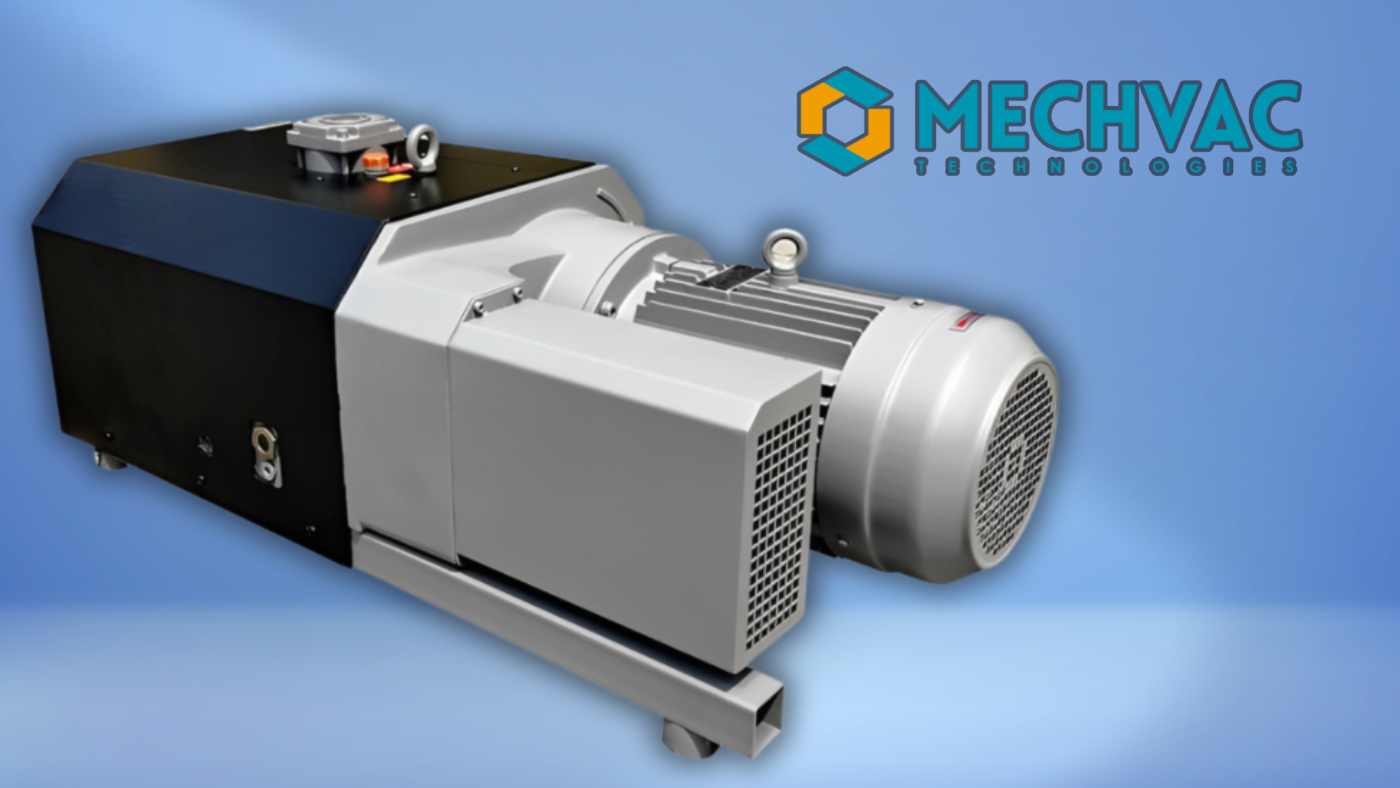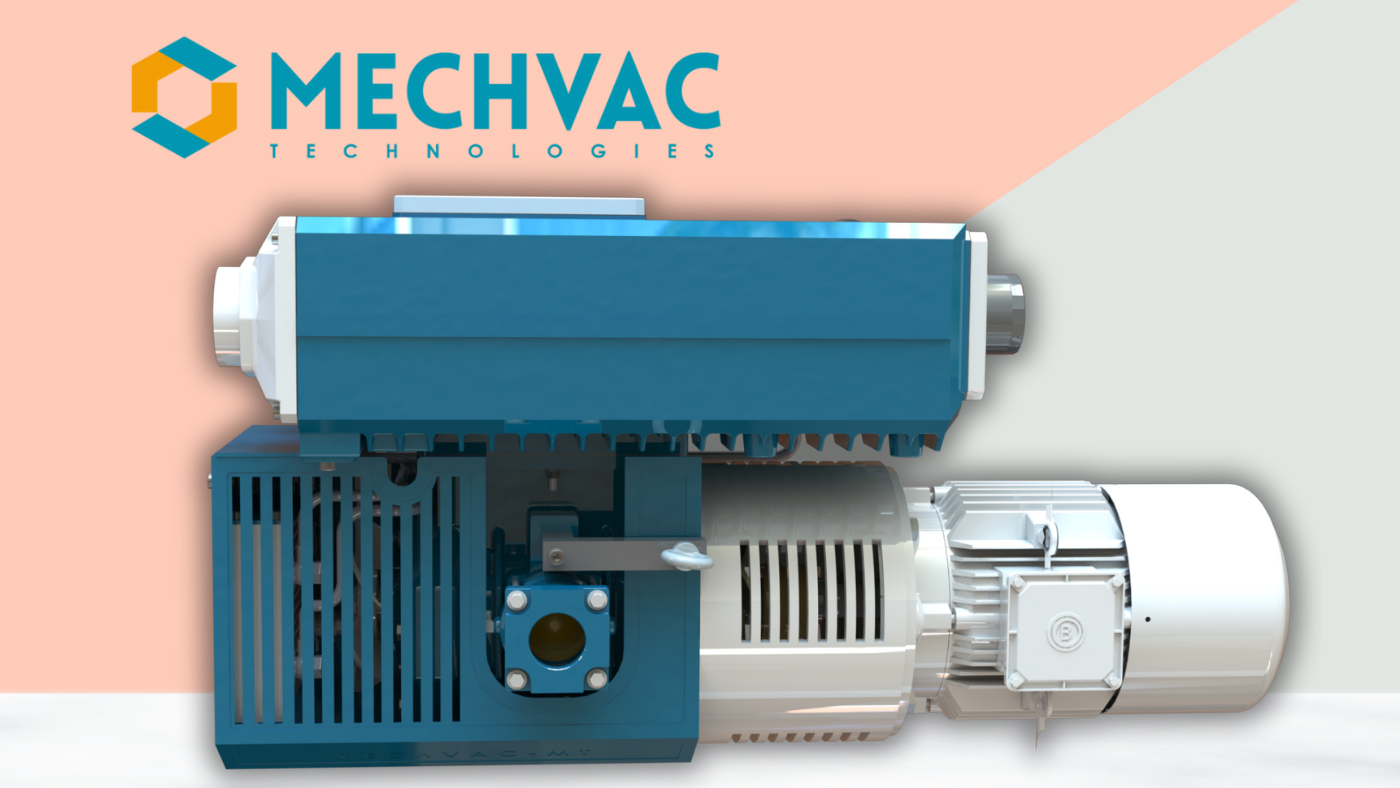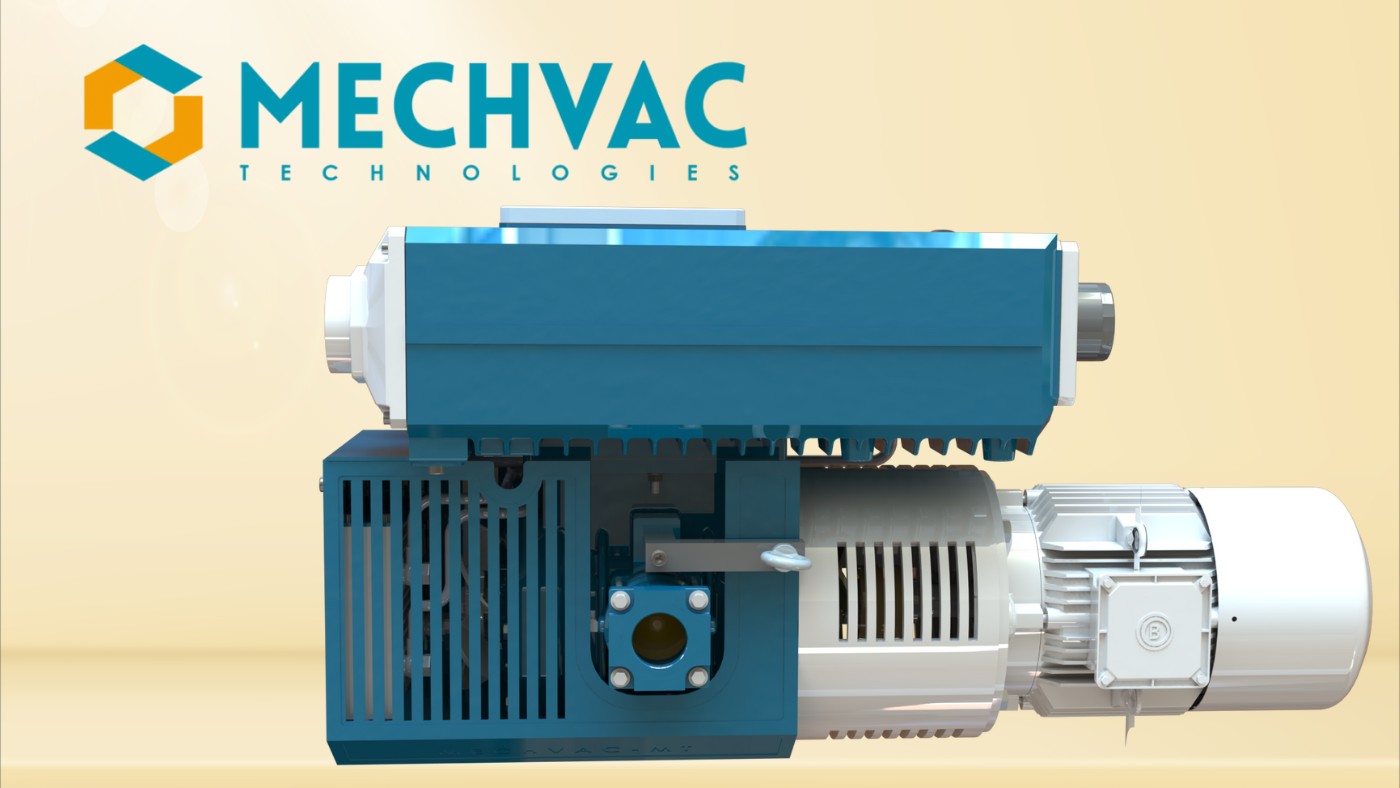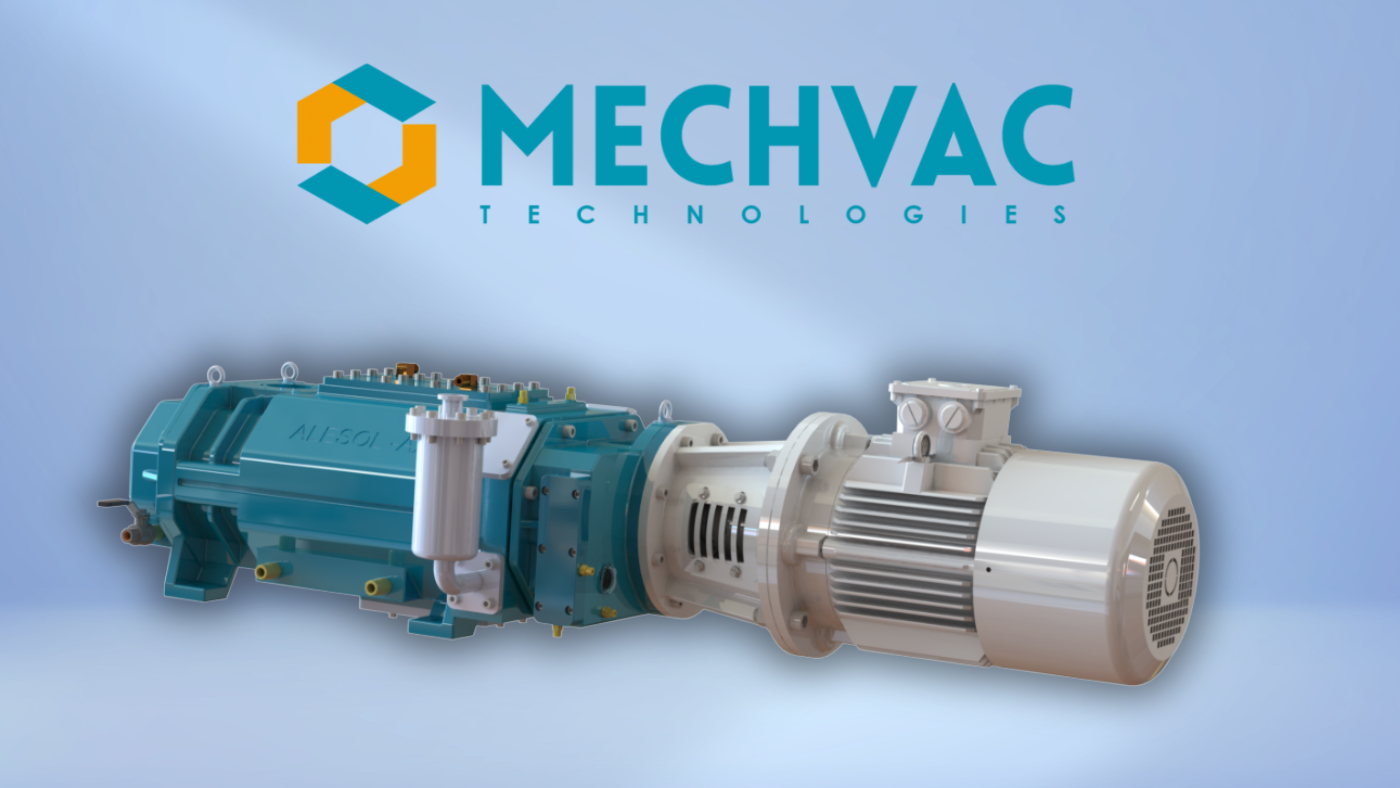Experience the future of lithium battery manufacturing with Mechvac Technologies Pvt Ltd’s vacuum pumps, proudly manufactured in India. Our vacuum pumps are meticulously engineered to excel in lithium battery manufacturing applications, offering unparalleled performance, reliability, and efficiency. From electrode coating to electrolyte filling, our vacuum pumps are the cornerstone of precise and efficient battery production processes across industries.
Were we use vacuum in Lithium battery manufacturing?
Vacuum technology plays a critical role in various stages of lithium battery manufacturing, contributing to the production of high-quality batteries with improved performance, reliability, and safety. Here are some key areas where vacuum is utilized in lithium battery manufacturing:
Electrode Coating:
Vacuum is often used in the electrode coating process, where a slurry containing active materials, conductive additives, and binders is coated onto a current collector substrate.
Vacuum helps remove air bubbles and ensures uniform coating thickness, improving the quality and consistency of the electrode.
Drying and Degassing:
Vacuum ovens or chambers are employed for drying and degassing electrode materials before assembly.
This process helps remove residual moisture and volatile substances from the electrode materials, preventing unwanted reactions and ensuring better performance and longevity of the battery.
Assembly and Sealing:
Vacuum is used in the assembly and sealing of lithium battery cells to remove air and moisture from the cell interior before sealing.
Ensuring a low-pressure environment inside the cell helps minimize the risk of internal shorts and improves the stability and safety of the battery.
Electrolyte Filling:
Vacuum is utilized during the electrolyte filling process to remove air bubbles and ensure complete impregnation of the electrolyte into the porous electrode structure.
This helps enhance the electrolyte-electrode interface and improves the battery’s overall performance and efficiency.
Formation Cycling:
In the formation cycling process, where lithium-ion cells are charged and discharged to activate them and stabilize their performance, vacuum can be used to remove gases produced during cycling.
This helps maintain a controlled environment within the battery cell, improving the quality and reliability of the battery.
Quality Control and Testing:
Vacuum leak testing is often performed to ensure the integrity of battery seals and prevent electrolyte leakage, which can compromise battery performance and safety.
Vacuum technology may also be employed in other quality control processes to detect defects or ensure consistent production standards.
Introducing the MT Series, the premier choice for vacuum lithium battery manufacturing. Engineered with precision and innovation, the MT Series offers a wide array of benefits that revolutionize lithium battery production:
MT Series benefits: –
Reduce Energy Consumption: The MT Series is designed with energy efficiency in mind, utilizing advanced technologies to minimize energy consumption during operation. This ensures cost savings on energy bills while reducing environmental impact.
Save on Maintenance Costs: With its robust construction and reliable performance, the MT Series requires minimal maintenance, resulting in cost savings over the system’s lifespan. Reduced downtime for maintenance translates to increased productivity and efficiency.
Maximize Operational Reliability: The MT Series is renowned for its unmatched operational reliability, providing continuous performance even in challenging degassing applications. Its durable components and advanced control systems ensure consistent operation, minimizing the risk of unplanned downtime.
Increase Production Output: By optimizing vacuum performance and efficiency, the MT Series enables faster processing times, allowing for increased production output. Its high-speed pumping capabilities ensure efficient degassing, contributing to overall throughput improvements.
Protect the Environment: Through reduced energy consumption and efficient operation, the MT Series helps protect the environment by minimizing carbon emissions and resource usage. By choosing the MT Series, you’re making a sustainable choice that aligns with environmental stewardship goals.
MT Series images

